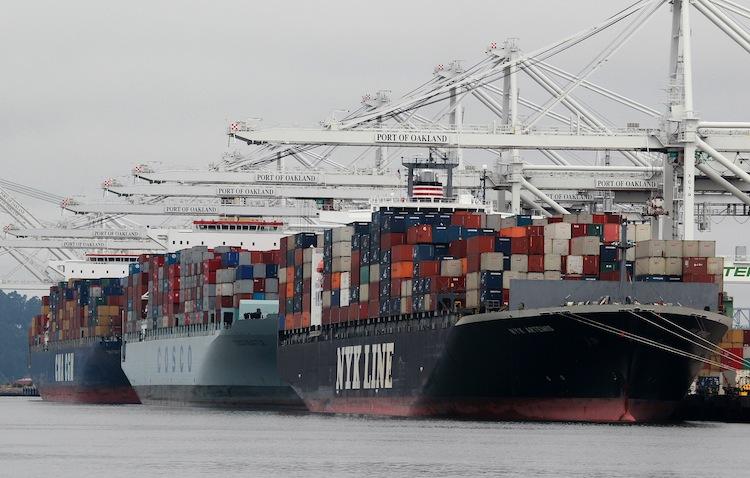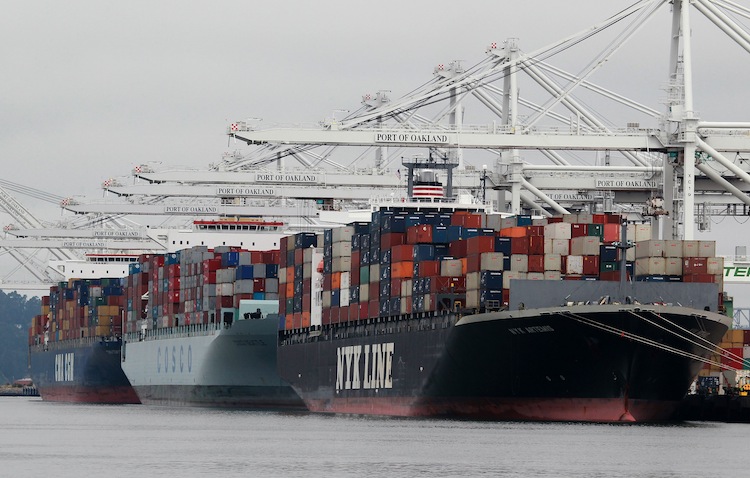During the first year of the Great Recession in 2008, when financial apocalypse descended, markets collapsed, and the economy buckled, America lost 900,000 manufacturing jobs.
In 2001 the country had suffered a much more damaging—but quieter—blow: 1.5 million jobs in the manufacturing sector were eliminated. There was no major recession in 2001. Instead, it was the first year since U.S. policymakers had instituted Permanent Normal Trade Relations (PNTR) with the People’s Republic of China.
Normal Trade Relations means that a country receives the lowest tariffs that the United States provides. Countries like England are able to trade normally with the United States, but North Korea can’t. Prior to 2000, China’s trade status was decided anew every year, and though there was some uncertainty, normal trade was never denied.
Then, President Clinton and Congress decided to make that arrangement permanent, on promises of a booming domestic market in China for U.S. exports, and an improvement in the Chinese communist regime’s human rights record. Granting China PNTR was also a condition of its entering the World Trade Organization.







